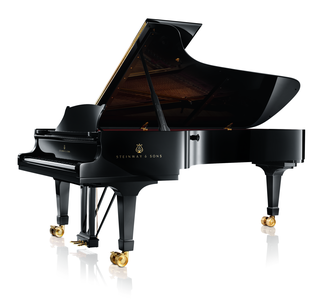
Steinway & Sons, also known as Steinway, is a German-American piano company, founded in 1853 in Manhattan by German piano builder Heinrich Engelhard Steinweg. The company's growth led to the opening of a factory in New York City, United States, and later a factory in Hamburg, Germany. The factory in the Queens borough of New York City supplies the Americas, and the factory in Hamburg supplies the rest of the world.
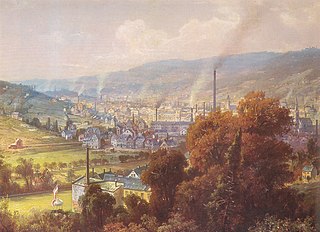
Textile manufacture during the British Industrial Revolution was centred in south Lancashire and the towns on both sides of the Pennines in the United Kingdom. The main drivers of the Industrial Revolution were textile manufacturing, iron founding, steam power, oil drilling, the discovery of electricity and its many industrial applications, the telegraph and many others. Railroads, steamboats, the telegraph and other innovations massively increased worker productivity and raised standards of living by greatly reducing time spent during travel, transportation and communications.
Birmingham is one of England's principal industrial centres and has a history of industrial and scientific innovation. It was once known as 'city of a thousand trades' and in 1791, Arthur Young described Birmingham as "the first manufacturing town in the world". Right up until the mid-19th century Birmingham was regarded as the prime industrial urban town in Britain and perhaps the world, the town's rivals were more specific in their trade bases. Mills and foundries across the world were helped along by the advances in steam power and engineering that were taking place in the city. The town offered a vast array of industries and was the world's leading manufacturer of metal ware, although this was by no means the only trade flourishing in the town.

Mason & Hamlin is a piano manufacturer based in Haverhill, Massachusetts. Founded in 1854, they also manufactured a large number of pump organs during the 19th century.
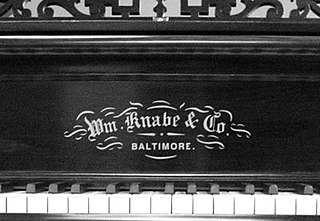
Wm. Knabe & Co. was a piano manufacturing company in Baltimore, Maryland, from the middle of the nineteenth century through the beginning of the 20th century, and continued as a division of Aeolian-American at East Rochester, New York, until 1982. The name is currently used for a line of pianos manufactured by Samick Musical Instruments.
Heintzman & Co. is a celebrated Canadian piano manufacturer, formerly based in the Toronto area, whose instruments retain a reputation for quality of workmanship and fineness of tone.
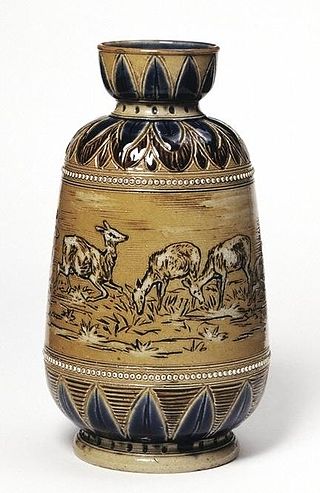
Royal Doulton is an English ceramic and home accessories manufacturer that was founded in 1815. Operating originally in Vauxhall, London, and later moving to Lambeth, in 1882 it opened a factory in Burslem, Stoke-on-Trent, in the centre of English pottery. From the start, the backbone of the business was a wide range of utilitarian wares, mostly stonewares, including storage jars, tankards and the like, and later extending to drain pipes, lavatories, water filters, electrical porcelain and other technical ceramics. From 1853 to 1901, its wares were marked Doulton & Co., then from 1901, when a royal warrant was given, Royal Doulton.
George Weston Limited, often referred to as Weston or Weston's, is a Canadian holding company. Founded by George Weston in 1882, the company today consists of the Choice Properties real estate investment trust and Loblaw Companies Limited, Canada's largest supermarket retailer, in which it maintains a controlling interest. Retail brands include President's Choice, No Name and Joe Fresh. The former Weston Bakeries division, which owned the brands Wonder, Country Harvest, D'Italiano, Ready Bake and Gadoua, was sold off to FGF Brands in 2022. The company is controlled by the Weston family, which owns a majority share in George Weston Limited.
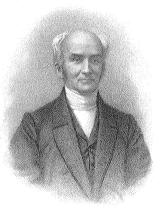
Timothy Gilbert was an American piano manufacturer, abolitionist and religious organizer in Boston, Massachusetts. His brother Lemuel Gilbert was also a piano manufacturer.

George Wilkinson was an English music publisher, and piano and candle manufacturer.

Sohmer & Co. was a piano manufacturing company founded in New York City in 1872. Sohmer & Co. marketed the first modern baby grand piano, and also manufactured pianos with aliquot stringing and bridge agraffes, as well as Cecilian "all-inside" player pianos and Welte-Mignon-Licensee reproducing pianos. Sohmer pianos were owned by U.S. President Calvin Coolidge, and composers Victor Herbert and Irving Berlin. Sohmer is now a line of pianos manufactured by Samick Music Corporation in Korea.
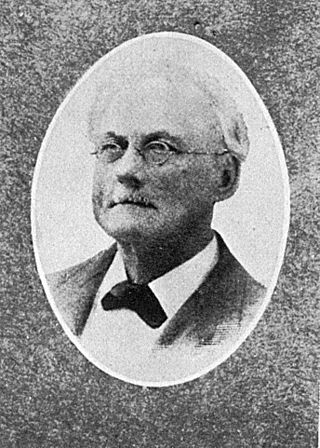
Frederick Mathushek was a piano maker who worked in Worms, Germany, and in New York City and New Haven, Connecticut, during the second half of the nineteenth century. His name was used by several different piano manufacturers through the 1950s, and was filed independently as a trademark for musical instruments in 2005 and 2008.
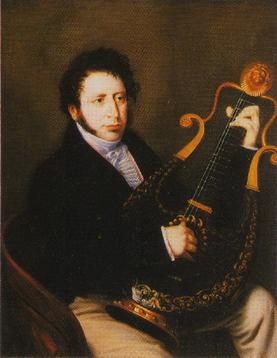
Robert Wornum (1780–1852) was a piano maker working in London during the first half of the 19th century. He is best known for introducing small cottage and oblique uprights and an action considered to be the predecessor of the modern upright action which was used in Europe through the early 20th century. His piano manufacturing business eventually became Robert Wornum & Sons and continued half a century after his death.

Herne Windmill is a Grade I listed smock mill in Herne, Kent, England, that was built in 1789.

Osborn Engineering Company was a British manufacturer of motorcycles, which sold its machines under the OEC brand name.

John Isaac Hawkins (1772–1855) was an inventor who practised civil engineering. He was known as the co-inventor of the ever-pointed pencil, an early mechanical pencil, and of the upright piano.

Lang Propellers was a British company that manufactured aircraft propellers. The company operated independently from 1913 to 1936.

W & J Galloway and Sons was a British manufacturer of steam engines and boilers based in Manchester, England. The firm was established in 1835 as a partnership of two brothers, William and John Galloway. The partnership expanded to encompass their sons and in 1889 it was restructured as a limited liability company. It ceased trading in 1932.
The Straube Piano Company (1895–1937) and its successor Straube Pianos Inc. (1937–1949) were American piano manufacturers of uprights, grands, players, and reproducing grands.

George L. Trayser was a Grand Duchy of Hesse-born American piano maker. He emigrated to the United States in 1849, and made pianos in Indianapolis and Richmond, Indiana. His pianos—due to their high quality and rich, resonant tone and responsive action—had a reputation as instruments suitable for school and concert work.
















